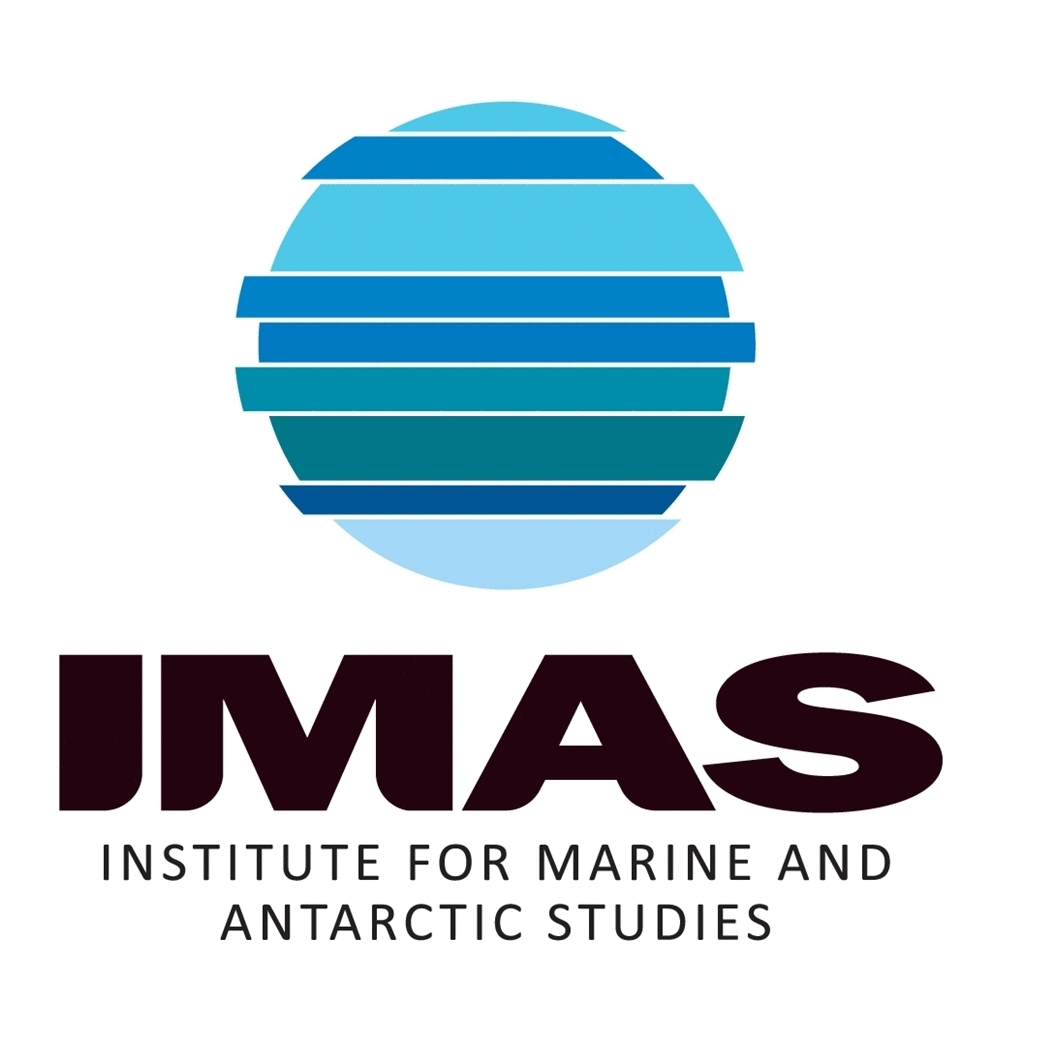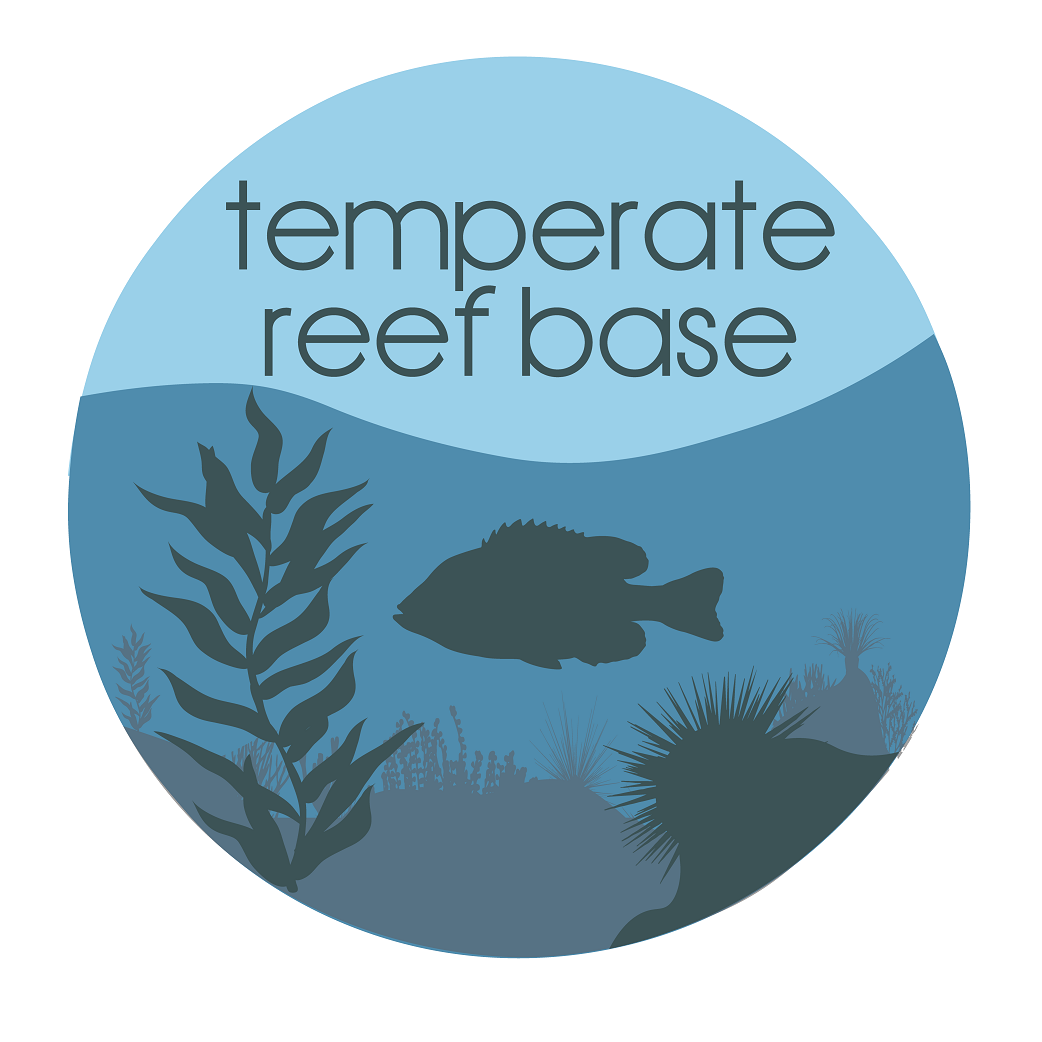Developing a monitoring program for six key estuaries in North-West Tasmania: Leven River
We implemented a monitoring program developed by Crawford and White (2006), which was designed to assess the current condition of six key estuaries in NW Tasmania: Port Sorell, the Leven, Inglis, Black, Montagu and Arthur River estuaries. This study considered a range of water quality and ecological indictors commonly used to monitor estuaries. These included: salinity, temperature, dissolved oxygen, turbidity, pH, nutrients (nitrate + nitrite, dissolved reactive phosphorus and ammonia), silica molybdate reactive and chlorophyll a for the water column; chlorophyll a and macroinvertebrate community structure amongst the sediments. The data represented by this record was collected in Leven River.
Simple
Identification info
- Date (Creation)
- 2011-11-18T10:33:00
Principal investigator
Collaborator
Collaborator
- Purpose
- Given the economic, social and environmental importance of estuaries in NW Tasmania there is a need for baseline and ongoing assessment of estuarine condition.
- Credit
- Natural Resource Management (NRM) Cradle Coast
- Status
- Completed
Principal investigator
Point of contact
- Temporal resolution
-
P0Y1M0DT0H0M0S
- Topic category
-
- Oceans
Extent
))
- Geographic identifier
-
3414:216:1
- Title
- c-squares
- Date (Creation)
- 2001-12-13T00:00:00
Owner
CSIRO Marine and Atmospheric Research
Temporal extent
- Time period
- 2006-11-01T00:00:00 2008-03-31T00:00:00
Vertical element
- Minimum value
- 0
- Maximum value
- 8
- Identifier
- EPSG::5715
- Name
- MSL depth
- Maintenance and update frequency
- Not planned
Resource format
- Title
- Microsoft Excel (xls)
- Date
- Edition
- 2003
- Keywords (Theme)
-
- Human impact
- Degradation
- Monitoring program
- Benthic macroinvertebrates
- Global Change Master Directory (GCMD) Earth Science Keywords Version 8.0
- Keywords (Discipline)
-
- Temperate Reef
- Australian and New Zealand Standard Research Classification (ANZSRC): Fields of Research
- Keywords (Theme)
-
- Salinity
- Temperature
- Dissolved oxygen
- Turbidity
- Ammonia
- Nitrate plus Nitrite
- Reactive phosphorus
- Silica
- Chlorophyll a
- Abundance - benthic macroinvertebrates
- pH
Resource constraints
- Classification
- Unclassified
Resource constraints
- Use limitation
- The data described in this record are the intellectual property of the University of Tasmania through the Tasmanian Aquaculture and Fisheries Institute.
Resource constraints
- Linkage
-
http://i.creativecommons.org/l/by/2.5/au/88x31.png
License Graphic
- Title
- Creative Commons Attribution 2.5 Australia License
- Website
-
http://creativecommons.org/licenses/by/2.5/au/
License Text
- Other constraints
- The citation in a list of references is: citation author name/s (year metadata published), metadata title. Citation author organisation/s. File identifier and Data accessed at (add http link).
Associated resource
- Title
- Tasmanian Estuaries Monitoring
- Date (Creation)
- 2011-11-16T00:00:00
- Character encoding
- UTF8
- Supplemental Information
- Beard, J., Crawford, C., & Hirst, AJ. (2008)DEVELOPING A MONITORING PROGRAM FOR SIX KEY ESTUARIES IN NORTH-WEST TASMANIA. NRM Final Report
Content Information
- Content type
- Physical measurement
- Name
- Salinity
- Name
- ppt
- Name
- Temperature
- Name
- Degrees celcius
- Name
- Dissolved oxygen
- Name
- DO
- Name
- percentage saturation
- Name
- pH
- Name
- Turbidity
- Name
- NTU
- Name
- Ammonia
- Name
- mg/L
- Name
- Nitrate plus Nitrite
- Name
- NOx
- Name
- mg/L
- Name
- Reactive phosphorus
- Name
- mg/L
- Name
- Silica
- Name
- mg/L
- Name
- Chlorophyll a
- Name
- ug/L
- Name
- Abundance - benthic macroinvertebrates
Distribution Information
- Distribution format
-
- Microsoft Excel (xls)
Distributor
- OnLine resource
- DATA ACCESS - Leven River dataset [direct download]
- OnLine resource
- REPORT - Final project report [direct download]
Resource lineage
- Statement
- Sampling was conducted from a small boat or by wading if sites became inaccessible by boat. All sampling was conducted at low tide when estuaries are influenced to a greater extent by freshwater flows (Hirst et al., 2005). Physico-chemical parameters measured at each site at low tide were: · Salinity, · Temperature (ºC), · Dissolved oxygen (% saturation), · pH, · Turbidity (NTU), · Dissolved nutrients – ammonia, nitrate + nitrite (NOx), reactive phosphorus(mg/L), · Silica (mg/L), Ecological parameters monitored were: · Water column chlorophyll a and benthic chlorophyll a and · Macroinvertebrates (sampled once only during autumn and spring). Results obtained for benthic chlorophyll a were not presented in the report but will be made publicly available in a subsequent report. Water quality measurements were taken mid channel. Salinity, temperature and dissolved oxygen were measured from the surface to the bottom at 1 m intervals. Where the bottom did not fall exactly on a 1 m interval the true depth was recorded. During the course of the study, salinity and temperature were recorded with a WTW LF196 and WTW Cond 315i instruments. Dissolved oxygen was measured with a TPS WP-82Y meter. Salinity and dissolved oxygen were not recorded on occasions due to equipment failure. Turbidity, pH, nutrients and water column chlorophyll a measurements were all sampled in surface waters (<30cm). Three turbidity readings were taken at each site using a HACH 2100P Turbidimeter and averaged. The pH meter (Hanna HI 98127) was recalibrated every month prior to field sampling. Nutrients were sampled using standard protocols set by Analytical Services Tasmania (AST) and Eriksen (2006) and analysed by AST. In the field, water column chlorophyll a samples were collected using a 1 L plastic container covered with alfoil to reduce photo-degradation and stored in an esky containing ice packs. Samples were filtered through Whatman GF/F 45mm diameter filter paper within a day of collection and immediately frozen. Benthic chlorophyll a samples were collected using a 35mL syringe with the end removed and marked 3cm from the end point. At each site three mud samples were collected at the low tide mark (0m), each containing approximately 3cm of sediment. After completing a field sampling day all benthic chlorophyll a samples were immediately frozen. Benthic Macroinvertebrates To determine the diversity and abundance of estuarine invertebrate fauna in the sediments, macroinvertebrate samples were collected at each site within each estuary during autumn and spring of 2007. All sampling was undertaken at low tide using similar methods to Hirst et al. (2005). At each site five sediment cores (diameter = 150mm, depth = 100mm) were taken along a line at 0.0, 0.1, 0.2, 0.3, and 0.5m depths. The core samples were sieved through a 1mm sieve in the field and the remaining contents were fixed in 10% formalin. In the laboratory macroinvertebrates were identified to species level where possible and counted. Water column chlorophyll a Chlorophyll a analyses were conducted using standard techniques at the Tasmanian Aquaculture and Fisheries Institute. The concentration of chlorophyll a was calculated using the equation Total Chlorophyll a = 11.0(Abs665-Abs750) v/Vp where V is the volume filtered (L), v is the volume of acetone (mL) and p is the path length (cm). The amount of phaeophytin, a natural degradation product of chlorophyll a was also calculated and found to be negligible. Therefore results for chlorophyll a are presented without a correction for phaeophytin.
- Hierarchy level
- Dataset
Metadata
- Metadata identifier
- e7872731-1963-46a9-b7c0-1402255a0d57
- Language
- English
- Character encoding
- UTF8
Point of contact
- Parent metadata
Type of resource
- Resource scope
- Dataset
- Metadata linkage
-
https://metadata.imas.utas.edu.au/geonetwork/srv/eng/catalog.search#/metadata/e7872731-1963-46a9-b7c0-1402255a0d57
Point of truth URL of this metadata record
- Date info (Creation)
- 2021-03-30T21:33:45
- Date info (Revision)
- 2021-03-30T21:33:45
Metadata standard
- Title
- ISO 19115-3:2018
Overviews
Spatial extent
))
Provided by

 TemperateReefBase Geonetwork Catalogue
TemperateReefBase Geonetwork Catalogue